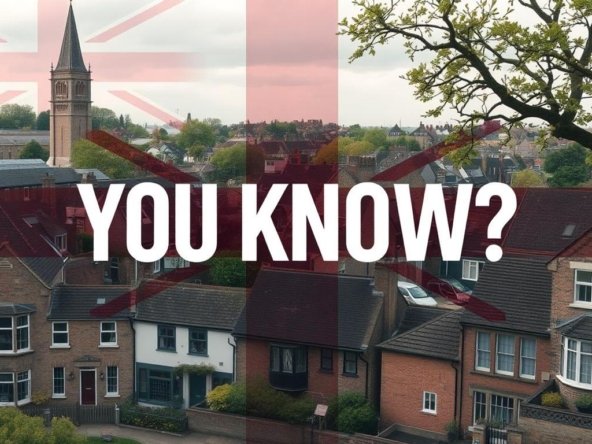Buying property at auction can be an exciting and potentially profitable venture. However, it also comes with its own set of risks and challenges. One of the more troubling issues that can arise is the discovery of a registered charge on the property after you’ve won the bid. This situation can leave buyers in a difficult position, particularly if they’ve already placed a significant deposit. Here’s a breakdown of what to do if you find yourself in this situation.
Understanding Registered Charges
A registered charge is a legal encumbrance on the property, usually in the form of a mortgage or a loan that the seller (or sometimes a freeholder) owes. This charge is recorded in the Land Registry, meaning that it can affect the transfer of the property to the new owner. If you purchase a property at auction and there’s a registered charge, it could mean that the Land Registry will not allow the title to be transferred to your name until the charge is cleared. In practical terms, this could prevent you from legally owning the property.
What Happens When You Discover a Registered Charge
If you’ve purchased a property at auction and later discover there is a registered charge, there are several issues that may arise:
- The Land Registry Won’t Transfer the Title: If there’s a charge attached to the property, the Land Registry will not allow the title to be transferred to your name until the charge is resolved. This means that the property cannot legally be yours until the charge is cleared.
- The Auction Company’s Responsibility: Auction houses are generally required to provide clear information about the property being sold, including any encumbrances, charges, or legal issues that may affect the sale. If they fail to disclose the registered charge or any other relevant information, they could be in breach of contract.
- You’re Unable to Proceed with the Sale: As a buyer, you cannot proceed with the purchase of the property until the charge is removed or settled. In most cases, buyers are unwilling to purchase a property that has unresolved legal issues attached, especially when it prevents them from legally acquiring the title.
Steps to Take if You Discover a Registered Charge After an Auction
If you find out that there’s a registered charge on a property you’ve won at auction, you’ll need to take immediate steps to protect your interests.
1. Contact the Auction House
Your first step should be to contact the auction house immediately. Explain the situation in detail, noting that the registered charge prevents you from taking ownership of the property. Request clarification on whether they were aware of the charge and ask for a refund of your deposit. Most auction houses are required to disclose significant encumbrances like this, and failure to do so may entitle you to a refund.
2. Review the Auction Terms and Conditions
Carefully review the terms and conditions of the auction. Auction contracts often include clauses that clarify what happens in situations where the property has issues like a registered charge. Many auctions include terms that specify that the sale is contingent upon clear title, meaning that if the title cannot be transferred, the buyer may be entitled to a refund.
3. Seek Legal Advice
This situation involves complex legal issues, and it’s advisable to consult with a solicitor who specializes in property law. A solicitor can review the auction contract, help you assess your options, and guide you on how best to respond. They can also assist in negotiating with the auction house or even pursuing legal action if the auction company fails to refund your deposit.
4. Consider Your Options for the Property
If you still wish to proceed with the purchase despite the registered charge, you’ll need to negotiate with the seller or freeholder to have the charge cleared before you can legally take ownership. This could involve paying off the charge or negotiating its removal. However, it’s essential to evaluate whether the cost of clearing the charge is worth the investment.
Dealing with Auction House Disputes
In cases where the auction house is holding your deposit and refusing to return it, there are a few options:
- Formal Complaint: If you believe the auction house failed to disclose critical information about the property’s title, you can file a formal complaint. Be clear and concise in your explanation of the issue and request the return of your deposit. If the auction house is unresponsive, consider escalating the matter.
- Property Ombudsman: If the auction house refuses to cooperate, you can escalate the issue to the Property Ombudsman or relevant regulatory body. They may be able to intervene on your behalf.
- Legal Action: If the auction house is unwilling to refund your deposit and there’s a breach of contract, you might have grounds to take legal action. A solicitor can help you assess whether you have a case to recover your money.
Conclusion
Purchasing a property at auction can be a lucrative investment, but it’s important to understand the risks, especially when issues like registered charges arise. If you find yourself in this situation, act quickly to ensure that your deposit is protected. Contact the auction house immediately, review the terms and conditions, and seek professional legal advice to determine the best course of action. The goal should be to either resolve the issue of the charge or to obtain a refund of your deposit if the auction house failed to disclose the issue properly.


